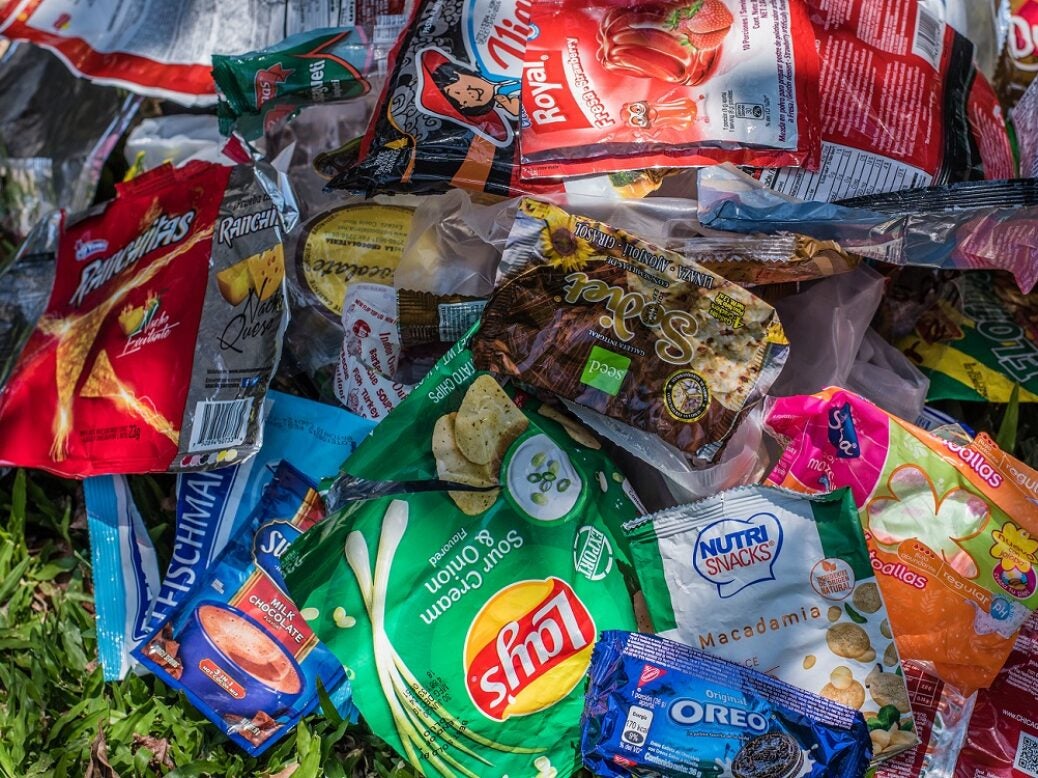
EU targets for packaging recycling have been met with scepticism as industry bodies claim the necessary infrastructure is not yet there.
The draft measures aim to reduce packaging waste by 5% by 2030 and 15% by 2040 in each member state on a per-capita basis, compared to 2018 levels. Announcing the plans, the European Commission said the targets could be met through the re-use of packaging and recycling.
The plans include the ban of single-use packaging for food and beverages consumed inside restaurants and cafes, as well as mandatory deposit-and-return schemes for single-use plastic drinks bottles and metal cans.
But the EU’s proposals have been dubbed “unrealistic” without further support for businesses.
Dirk Jacobs, director general of EU trade body FoodDrinkEurope, said: “The Commission’s proposal… lacks tools to support the food, drink and packaging sectors with the infrastructure and enablers to allow faster uptake of reduce, re-use and recycling processes.
“The targets and timelines set out, in particular on re-use and re-fill, are well-intended but regrettably unrealistic without appropriate enabling conditions and could even hamper – rather than enhance – sustainable packaging aims.”
EU officials estimate 40% of new plastics and 50% of paper are used in packaging. The targets, announced yesterday (30 November), aim to prevent the generation of packaging waste, boost closed-loop recycling and reduce the need for primary natural resources.
Industrially compostable packaging will only be allowed for tea bags, filter coffee pods and pads, fruit and vegetable stickers, and very light plastic bags. The measures also include a plan for mandatory rates of recycled content that producers have to include in new plastic packaging.
However, environmental groups claim the proposed measures have been “watered down” and do not go far enough.
Environmental network Circular Economy said: “A number of leaks in the build-up to the proposals saw heavy lobbying from industry resulting in environmental ambition and targets being watered down.”
Blanca Morales, senior policy officer for certified labelling scheme EU Ecolabel, said more needs to be done to combat greenwashing.
“The EU needs to urgently regulate the jungle of green claims and labels. Greenwashing does not only sow confusion and distrust among consumers, it also undermines the efforts of businesses that provide genuinely green products and services.
“A further delay of this initiative is bad news, as it slows down progress of the Circular Economy Action Plan to empower consumers and public buyers for the green transition.”
EU Environment Commissioner Virginijus Sinkevicius said: “If we don’t change current trends, the volume of plastic waste could increase by 46% by 2030.
“We will create the right conditions for the circular economy principles – reduce, reuse, recycle – to work.”
The EU’s packaging targets will now be considered by the European Parliament and the European Council under the bloc’s usual legislative procedures.
Just Food analysis: Packaging: the carbon dilemma for food companies




